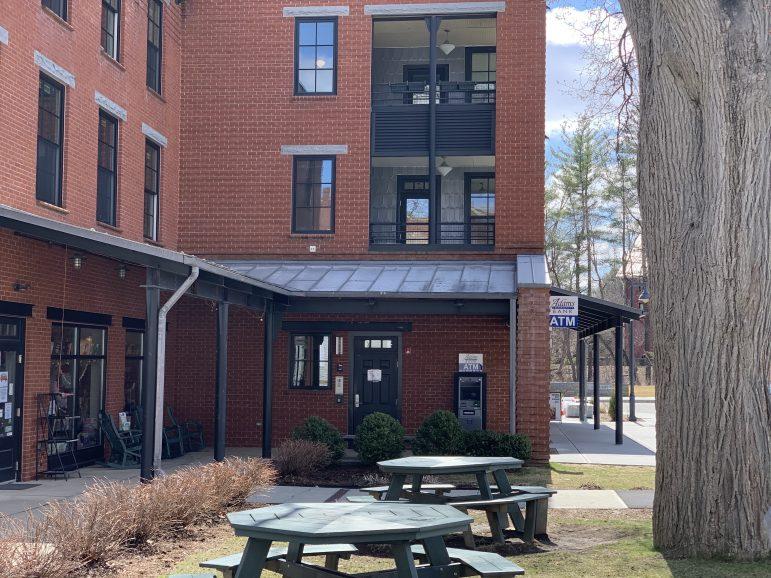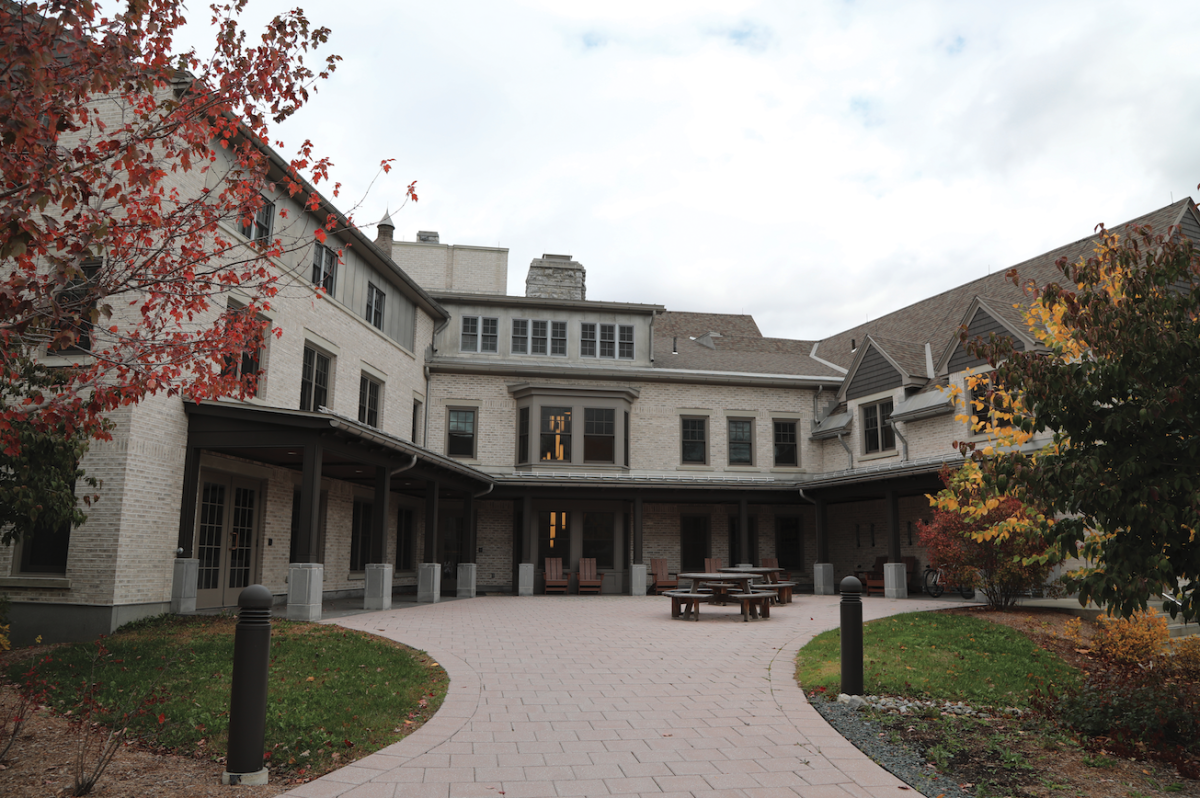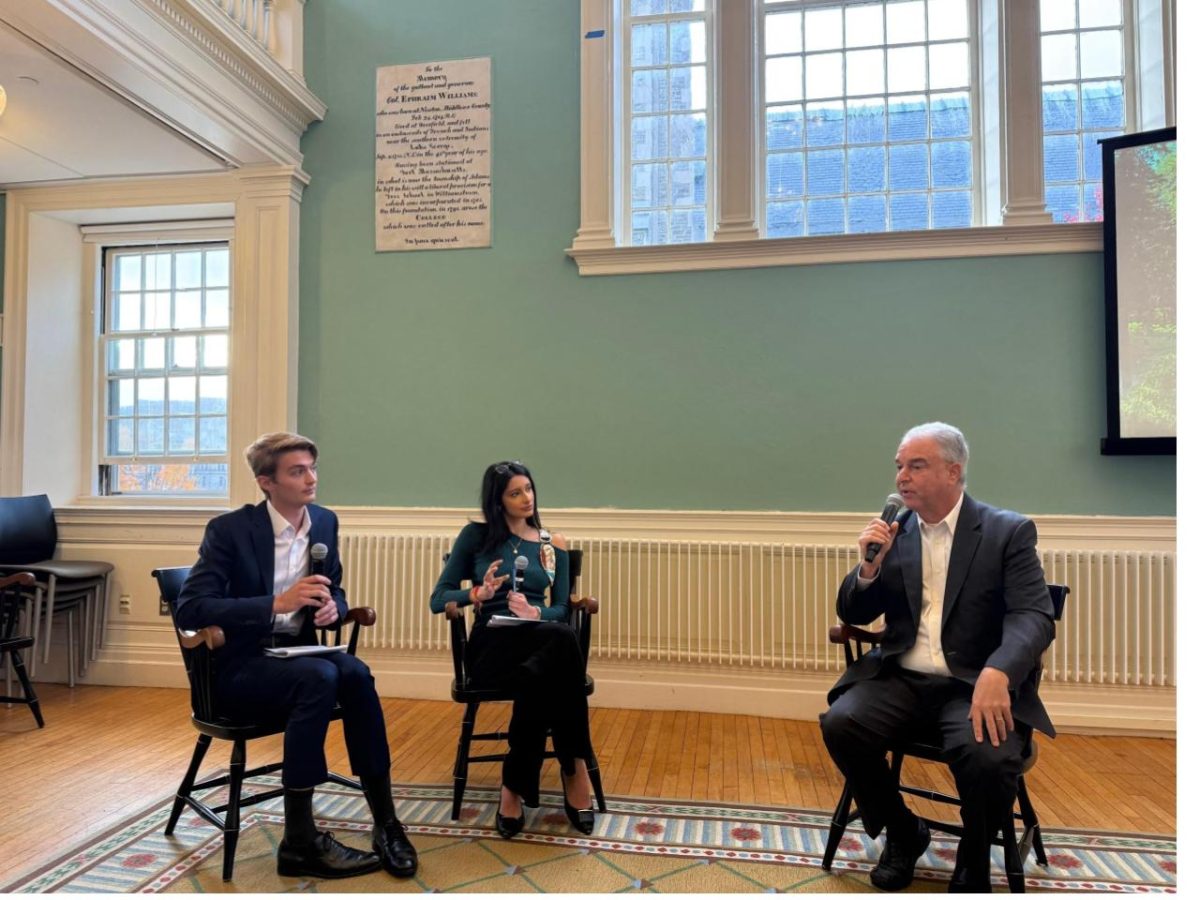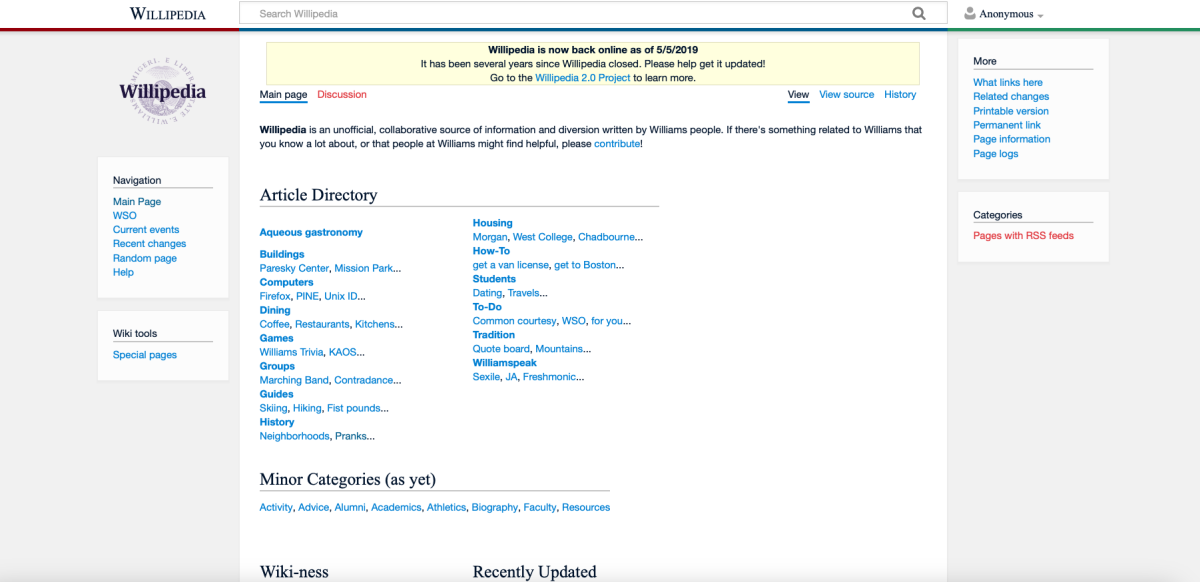
Since Massachusetts Gov. Charlie Baker signed an executive order on March 23 ordering all nonessential businesses in the state to close due to the ongoing COVID-19 pandemic, staff at the College were directed to work remotely unless their in-person services are determined to be essential. Staff duties had already been significantly altered following the departure of most students from campus.
“To effectively maintain basic operations at the College, essential staff will be defined as those who provide services related directly to people’s health and safety, continuity of critical operations, and the maintenance and protection of college property,” said Director of Human Resources Danielle Gonzalez in an email obtained by the Record that was sent to College personnel. “Whenever possible, we are also asking managers to implement rotations to minimize any one employee’s time on campus.”
The email directed all non-essential staff to collect necessary supplies and notified them that all College buildings would transition to swipe-only access going forward. Gonzalez also advised staff whose physical presence on campus was deemed necessary to practice social distancing.
According to the College’s Human Resources website, staff pay will be unaffected by the changes. “It is important to note that staff will be paid for their standard hours in remote work arrangements, even if they cannot perform all of their normal duties,” the website reads. “Benefits will not be affected by remote work.”
The website also lists policies put in place for staff who are prevented from coming to work due to the pandemic. Staff who must care for children or ill family members are expected to continue to work remotely “when possible.” On March 25, Baker ordered all schools and daycare facilities in the state, including the College’s Children’s Center, to close, potentially forcing many staff with children to stay home.
Staff who are themselves sick, or who have been self-quarantined due to potential exposure to COVID-19, are directed to contact Human Resources and record hours as sick time. Accommodations are also available for staff who are at high-risk for severe illness as defined by the Centers for Disease Control and Prevention.
In addition to these and other College-wide guidelines, individual sectors of the College have also adjusted to the pandemic in different ways.
Dining services
According to Director of Dining Services Temesgen Araya, with only 110 students remaining on campus, Dining has reduced its operations to brunch and dinner at Driscoll, with all other venues closed.
In response to Baker’s March 23 stay-at-home advisory, Dining split staff members into four teams “rotating weeks for the duration of the semester,” Araya said. “All staff members who are off during the rotation will be on call.”
According to Araya, no staff roles have been discontinued. “We will have all staff members working their usual roles with increased levels, since we moved to a complete serve vs. self serve service style,” he said. For safety purposes, Dining staff are individually serving all meals to students, instead of allowing students to serve themselves. The teams that are out of rotation at a given time “are to stay safe and take care of themselves until they are called in,” Araya explained, “or their team’s turn in the [four-] week rotation is scheduled.”
In addition to changes in meal service, Driscoll has added bottled water, Powerade, teas, sodas and juices, as well as individual oatmeal packets and cereal cups. Reusable containers and bags are now prohibited in the dining hall.
Another precautionary step Dining has taken is keeping a backup supply of food in the event of supply chain cut-offs. “We have no indication it will be cut off,” Araya said. “We just wanted to have a supply to protect students on campus, and the backup is an added layer of security.”
While all full-time staff remain employed by the College, temporary Dining staff are no longer employed. Immediately after President Maud S. Mandel announced the closure of campus on March 11, Dining let go staff who were covering for full-time staff on vacation or sick leave. Araya noted, however, that the workers were not technically fired, saying, “By nature, temp work is just that — temporary/on-call as needed. Due to the circumstances, those folks are not needed right now.”
Facilities
Facilities operations will continue on campus full-time, with some alterations to reduce the risk of transmitting COVID-19. “Half the group will be assigned to on-campus work and half assigned to at-home work in week-long rotations,” said Christina Sanborn, executive director for facilities operations.
While on campus, in addition to their regular roles, staff are performing cleaning and maintenance tasks that are difficult to complete when the campus is occupied. “For example, as the custodial team goes through the residence halls and classroom buildings,” Sanborn said, “they are making note of needed repairs that our tradespeople can address in the coming weeks.”
At-home work assignments for Facilities staff involve participating in online planning meetings, investing time in resources for online learning and preparing for when they will be called in for on-campus work. “While working at home, staff have been charged with caring for their and their families’ physical and mental health,” Sanborn said. “While our team’s safety comes first, we are proud of the campus’ built environment, and will continue to thoughtfully steward its condition through these unprecedented times.”
Libraries
Following Baker’s order to close all nonessential businesses, all in-person Libraries services were discontinued; prior to the order, scanning and retrieval services were still available on a limited basis. However, according to Director of Libraries Jonathan Miller, most Libraries staff can still fulfill their roles remotely.
“Libraries have been migrating to a digital environment over the last few decades,” Miller said. “So for many staff — research librarians, and the staff who manage the website, the digital collections, and our systems — this is just an adjustment in where they do the work, not a reduction in the work they do.”
Miller noted, however, that some staff roles are difficult to move online. Those staff are “working on projects that have been on the back burner (data clean up, etc.) or their work is shifting online,” Miller said. “For instance, staff who have been buying printed books will be shifting their focus to acquiring more e-books, and interlibrary loan staff are focusing on only borrowing and lending digital materials.”
“We are also taking advantage of this time to organize more online professional development and training for staff,” Miller continued. “We are even offering opportunities for our student employees to work documenting their experience of this situation. Special Collections will archive those records so that future generations can get a rich sense of what this time felt like for Williams students.”
Campus safety and security (CSS)
Although the number of students on campus has decreased dramatically, all CSS staff will continue to perform their roles on campus. The department has “adjusted all staff schedules to ensure availability and capacity to be available 24 hours a day, every day, to continue providing services and emergency response while also assisting all members of the College community,” said Alison Warner, CSS’s associate director for Clery compliance and training.
“Officers will be able to continue to patrol the campus, as usual, to provide a safe and secure environment for all,” Warner added. She also noted that the department is practicing social distancing and other hygienic measures.
Administrative staff
According to Chief Communications Officer Jim Reische, staff in administrative roles will not face any significant reduction in hours, as their jobs can largely be done remotely. “If anything, most of us are putting in longer hours,” Reische said, “Both because there’s a lot of urgent work and because, with our offices now in our homes, we tend to be on the phone and email even more than usual.”
“The nature of our work is very different [now],” Reische continued. “No more in-person meetings, including deans and admission officers whose work usually involves a lot of face-to-face work with students or applicants and families.”








